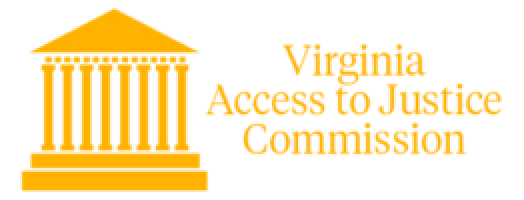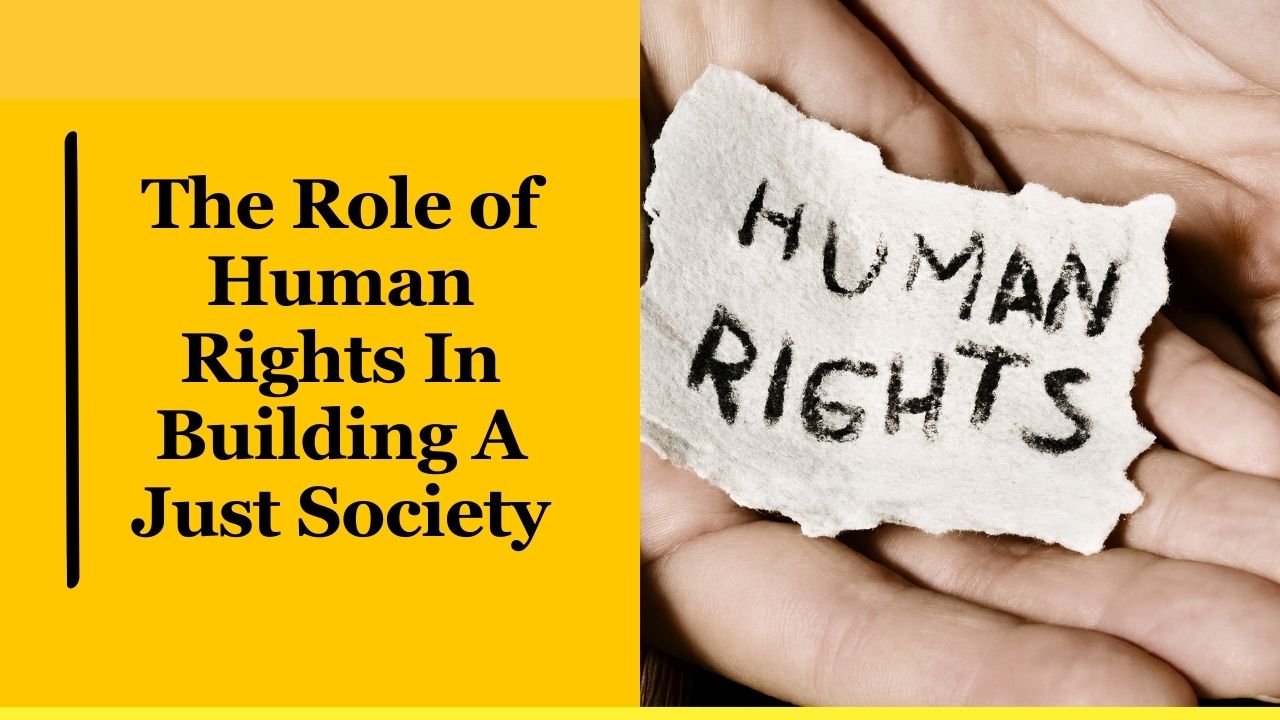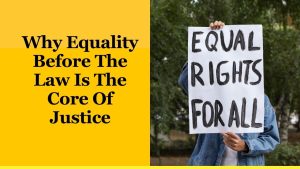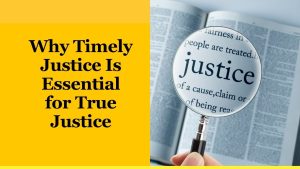Human rights are the fundamental freedoms and protections that every person is entitled to, regardless of race, gender, religion, or nationality. They form the moral and legal backbone of any fair society. Without these rights, justice becomes selective and inequality deepens.
In today’s interconnected world, the role of human rights has expanded beyond legal frameworks. They now serve as a universal benchmark for measuring governments, guiding international cooperation, and empowering citizens to demand fairness. In short, a just society cannot exist without the protection and promotion of human rights.
Understanding Human Rights: Core Categories
Human rights encompass civil, political, economic, social, and cultural dimensions. These rights work together to ensure that people not only survive but also thrive with dignity.
| Category | Description | Examples |
|---|---|---|
| Civil Rights | Protect personal freedoms and security | Right to life, privacy, equality before the law |
| Political Rights | Ensure participation in governance | Right to vote, free speech, peaceful assembly |
| Economic Rights | Guarantee fair opportunities and conditions | Right to work, fair wages, property ownership |
| Social Rights | Support well-being and development | Right to education, healthcare, housing |
| Cultural Rights | Preserve identity and expression | Right to language, religion, cultural participation |
This framework ensures comprehensive protection of individuals and communities, forming the pillars of justice and social stability.
Human Rights as the Foundation of a Just Society
1. Ensuring Equality and Non-Discrimination
A just society must protect everyone from discrimination based on race, gender, religion, disability, or socioeconomic status. Human rights laws set clear standards that forbid unfair treatment and promote equal access to opportunities.
When rights are enforced equally, they level the playing field, enabling people from marginalized groups to break systemic barriers. This equality is essential for social harmony and stability.
2. Strengthening Rule of Law
Rule of law is a cornerstone of justice. Human rights frameworks create accountability mechanisms that prevent governments from abusing power.
By guaranteeing due process, fair trials, and protection from arbitrary detention, human rights systems ensure that justice is applied consistently and fairly. A strong rule of law builds public trust, which is vital for any functioning democracy.
3. Protecting Human Dignity and Freedom
Human rights affirm the inherent dignity of all individuals. A just society is one where people live without fear of persecution, censorship, or violence.
By safeguarding freedom of speech, religion, and assembly, human rights encourage diverse voices and viewpoints. This pluralism fuels innovation, tolerance, and social progress, which are central to a fair society.
4. Reducing Poverty and Social Inequality
Poverty is both a cause and a consequence of human rights violations. Economic and social rights—such as access to education, healthcare, clean water, and fair wages—are crucial for breaking poverty cycles.
In 2024, global data showed that countries investing heavily in human rights-based social policies reduced poverty rates faster and increased life expectancy by over 5 years on average. This proves that human rights protections directly drive equitable development.
5. Promoting Peace and Conflict Prevention
Societies that respect human rights experience fewer internal conflicts and lower violence rates. Denial of rights often fuels unrest, extremism, and rebellion.
By ensuring inclusive political participation and protection of minorities, human rights systems defuse tensions before they escalate into violence. Peaceful societies built on rights are also better at handling crises, from natural disasters to pandemics.
Measuring Human Rights Progress: 2025 Global Indicators
| Indicator | Current Status (2025) | Impact on Justice |
|---|---|---|
| Countries with national human rights institutions | 126+ | Expands oversight and accountability |
| Countries with anti-discrimination laws | 150+ | Strengthens equality and access to justice |
| Universal suffrage coverage | 95% of world population | Increases democratic participation |
| Global literacy rate | 87% | Enhances education rights and opportunities |
| Global child labor rate | 11% (down from 16% in 2010) | Reflects stronger child protection |
These figures highlight the positive global shift toward embedding human rights in governance systems, directly influencing justice outcomes.
Human Rights and Sustainable Development
Human rights and sustainable development are deeply interconnected. A just society cannot exist without social, environmental, and economic sustainability.
- Education rights build an informed workforce.
- Health rights reduce preventable deaths and boost productivity.
- Labor rights improve working conditions, reducing exploitation.
- Environmental rights ensure access to clean air, water, and a safe climate.
In 2025, more than 80% of national development plans worldwide incorporate human rights goals, showing that equity and sustainability are now inseparable in policymaking.
How Human Rights Empower Communities
1. Giving Voice to the Vulnerable
Human rights empower marginalized groups—such as indigenous peoples, refugees, women, and persons with disabilities—to demand justice and participate in decision-making.
This inclusion reduces systemic oppression and allows these groups to shape laws and policies that affect them directly.
2. Fostering Civic Engagement
When people are aware of their rights, they are more likely to vote, volunteer, organize, and advocate. Higher civic engagement leads to more transparent, responsive governance, which strengthens justice systems.
3. Building Social Cohesion
A society where rights are protected experiences less discrimination, violence, and polarization. Human rights education promotes tolerance, diversity, and empathy, which are essential for social cohesion and peace.
Key Challenges in Advancing Human Rights
Despite progress, several challenges hinder the full realization of human rights:
- Authoritarianism and political repression limiting free speech and protest.
- Widening wealth gaps, leaving millions without basic needs.
- Digital surveillance and privacy violations, threatening civil liberties.
- Climate change displacing vulnerable communities and disrupting rights to food and housing.
Addressing these challenges is essential for achieving a fairer, more resilient global society.
Strategies to Strengthen Human Rights and Justice
- Enforcing strong legal frameworks and independent courts to protect rights.
- Expanding access to education and healthcare to fulfill social rights.
- Supporting civil society organizations that defend human rights defenders.
- Increasing public awareness and human rights education in schools.
- Integrating human rights assessments into corporate and government decision-making.
These measures build robust, people-centered justice systems capable of resisting oppression and corruption.
Human rights are the foundation of a just society. They uphold dignity, ensure equality, reduce poverty, prevent conflict, and foster peace.
While challenges persist, nations that prioritize rights-based policies achieve greater social stability, fairness, and prosperity. Building a just society requires collective commitment from governments, institutions, and citizens to respect, protect, and fulfill the rights of all people.
Only by embedding human rights into every layer of society can we create a fair, inclusive, and peaceful world for future generations.
FAQs
Why are human rights important for justice?
Human rights guarantee fair treatment, equality, and protection from abuse, which are essential for a functioning and fair justice system.
How do human rights reduce inequality?
They ensure equal access to education, healthcare, and economic opportunities, helping marginalized groups break cycles of poverty and exclusion.
Can a society be just without protecting human rights?
No. Without human rights, laws can become tools of oppression, and justice becomes biased, leaving vulnerable groups unprotected.




